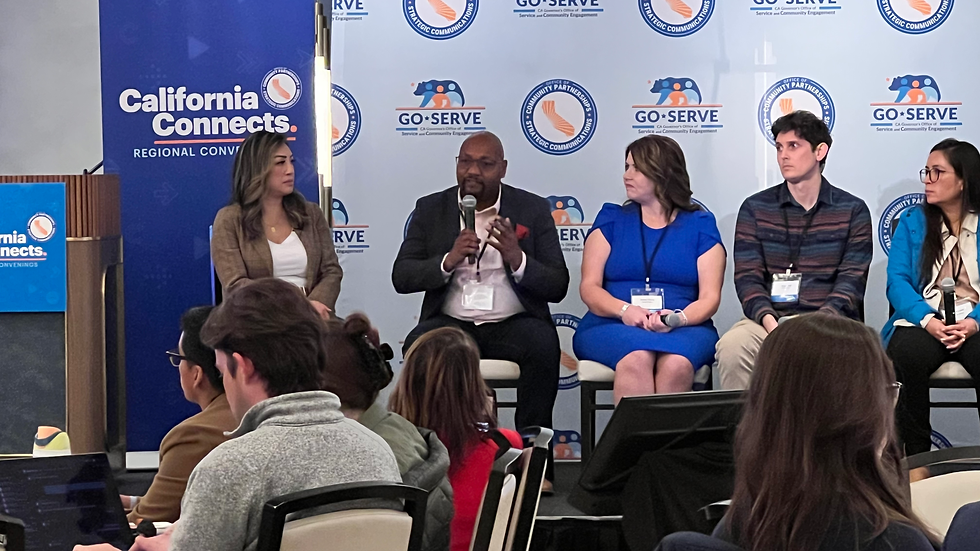WP: ‘Social equity’: Fresno’s West Side lost in the war on drugs, and now it hopes a revival will be
- INFO-MD Staff

- Apr 16, 2019
- 3 min read

FRESNO, Calif. — The West Side loses, often.
It lost to the city’s wealthy north in the competition for school funds. It lost businesses to more stable neighborhoods. It lost children to prison and gangs, including Kayla and Aaron Foster, siblings killed four years apart in an intimate block-by-block war financed by the drug trade.
Now the neighborhood is looking to an element of that war for its revival. The community wants one of its own to receive permission to sell marijuana, a drug the young foot soldiers from the Fresno Hoover gang such as Aaron Foster fought to sell along its streets.
The competition for lucrative retail licenses has been fierce since California voters decided in 2016 to make marijuana legal for recreational use. But Fresno is behind the curve when it comes to cannabis, making it a contested front in the push to ensure the benefits of legal marijuana accrue to those who suffered most in the war on drugs.
“We’re the ones who get sent to prison, and the most unfair thing would be if now the corporations are allowed to come in and make millions selling what sent us to prison,” said Aaron Foster II, Kayla and Aaron’s father and a West Side elder who has been shot multiple times himself. “We don’t want outsiders coming in.”
Driven by a state government dominated by Democrats, California is undertaking a broad revisionist appraisal of its criminal justice system, particularly its malign effects on millions of people of color. The debate about marijuana retail licenses here in the state’s fifth-largest city reflects the principles of social reparations that have underpinned the public policy discussion in some larger cities for months.

Marijuana legalization was always supposed to mean more than a new stream of tax revenue and a less-stressful way for adults to get high. But using the emerging industry to correct past wrongs — a policy prescription known as social equity — has proven difficult even in left-leaning cities such as Los Angeles, San Francisco and Oakland.
The idea is to give preferential treatment within the cannabis industry to those disproportionately affected by the drug war. Cities developing social-equity policies are measuring that damage street by street and person by person.
Oakland, for example, requires that at least half of its cannabis retail licenses go to social-equity candidates, which can include people with previous convictions for marijuana-related crimes. Sacramento, which adopted a social-equity policy last fall, has identified specific neighborhoods for preferential licensing.
“There was certainly a group of individuals harmed by government policy,” said Sacramento City Council member Jay Schenirer, who helped develop the city’s social-equity criteria. “If we can look to those same people to generate economic activity, then we must do that.”
The main problem facing social-equity applicants is simple: Money.
The cost of opening a bricks-and-mortar cannabis shop can run as high as $1.5 million, a daunting sum in an industry that cannot draw on traditional lines of credit or bank loans. That has opened the industry up to “cannabusinessmen,” as some activists derisively call outside investors with the capital to start up retail operations instantly.
Several cities have sought ways to limit the influence of these investors, who often pair with social-equity applicants for their preferential status but do not reinvest in the community. In Los Angeles, for example, a cannabis retail licensee must own at least 51 percent of the operation.
Social-equity advocates are urging the state and local governments to allocate more money for start-up cannabis funding at a time when the industry, more broadly, is struggling to come into the light. High taxes and regulatory fees, a still-thriving black market and massive overproduction among licensed growers are stunting the development of what is estimated conservatively to be a $7 billion annual legal cannabis market.








Comments